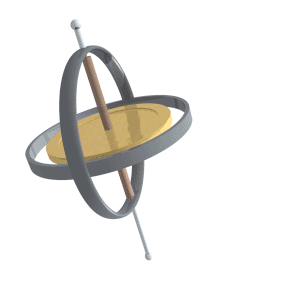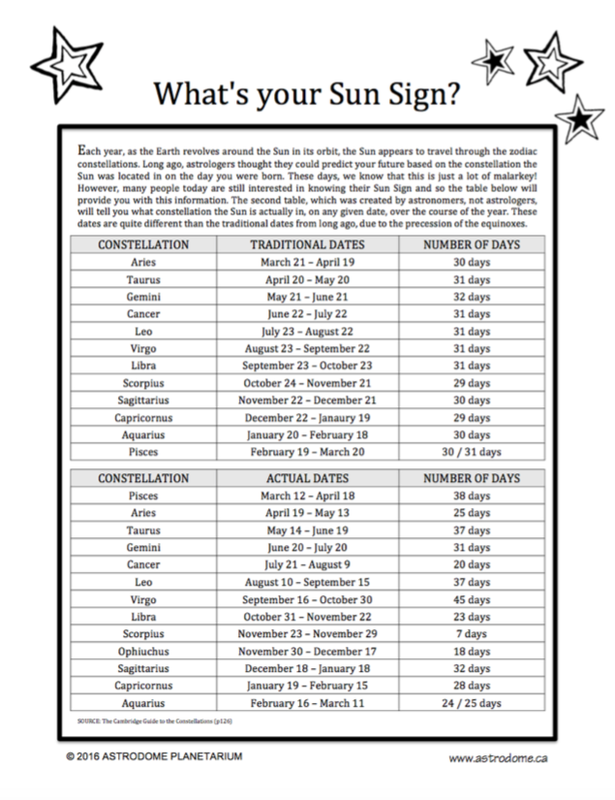|
Many students ask me... What's my Sun Sign? After coming out of the AstroDome Planetarium, many students ask me what their Sun Sign is, even though I always tell them that horoscopes are just a lot of malarkey! So, for all those students out there who are wondering about their Sun Sign, you can download the document that appears below and use it to determine your Sun Sign.
0 Comments
Your comment will be posted after it is approved.
Leave a Reply. |
About MeThis blog is written by James Durbano. Currently, I am the Director of the Big Sky Observatory and I'm also the owner and operator of the awesome AstroDome Planetarium. Archives
January 2016
Categories |




 RSS Feed
RSS Feed